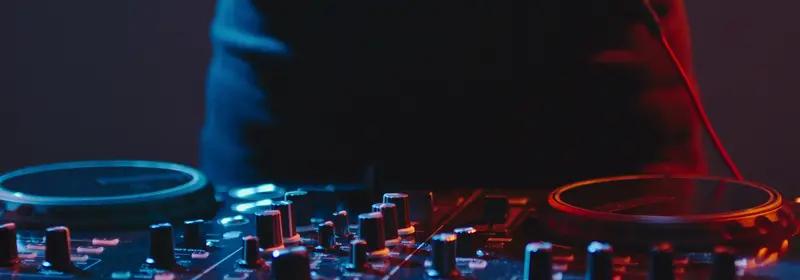

150+ Different Digital Stores
ANT Music is partnered with 150 digital music services and counting, available across 200 countries and territories globally. Sell your music on every major digital store, like Youtube, Spotify, Apple Music, Deezer, Amazon, and more.








Find the plan that best suits you
Distribute music to over 150 digital stores across 200 countries and territories worldwide. Get daily sales trends for Amazon, iTunes, Apple Music, and Spotify, and keep every cent of what you're owed from sales and streams.
Artist
- Release unlimited music for 1 artist
- Keep 80% of your royalties
- Release to 100+ platforms worldwide
- In-depth insights, analytics & listener data
$0 / year
Frequently Asked Questions
Have a question? We've got you covered. We've put together a selection of our most commonly asked questions to help you get answers fast. Have a question that you don't see answered here? Reach out to us and our 24/7 customer support team will help!
Get started now
Join our artists and start selling your music online